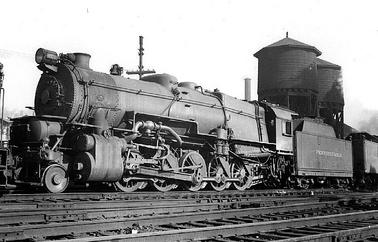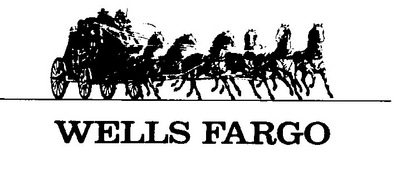Henry Wells
Another significant person of the California Gold Rush was Henry Wells, the founder of the Wells Fargo Company. Wells was born on December 12, 1805 in Thetford, Vermont. HIs father, Shipley, was a Presbyterian minister. His mother, Dolly, was a homemaker. As a young boy, Wells had moved with his parents to a farm in Fayette, New York. He left his home at the age of 16 and worked successfully over the next twenty years as a cobbler, store clerk, freight clerk, and worked a brief job with the Pennsylvania Railroad. Sometime in his twenty years of work, Wells met Sarah Daggett, who later became his wife and together, they had three children.
Wells' experience with the Pennsylvania Railroad gave him tremendous talent with express transportation. In 1841, he co-founded Livingston, Wells, & Pomeroy, which provided customers with express service between Albany and Buffalo. He was arrested several times for delivering mail for five cents, which, at the time, was about twenty five percent of the government rate.
In 1844, Wells co-founded the Wells & Company, which conneected Buffalo to Cleveland and Detroit, making it the first company to offer express service west of Buffalo. By 1850, Wells & Company had extended to Chicago and St. Louis, making it the first express company to provide service to these cities.
In 1850, Wells engineered a merger - combining Wells & Company and Livingston, Wells, & Pomeroy with a third company that provided express service between Albany and New York City - into the American Express Company, with Wells as President. By offering a direct connection between New York City and most of the west, and by establishing offices in London, England, and Paris, France, the American Express Company quickly became the nation's major express company.
The California Gold Rush created an urgent need for secure shipments of gold dust and bullions to the East. Wells co-founded Wells Fargo & Company to transport gold through steamship from San Francisco to New York City. The Panama Canal did not exist at the time, so the company had to take gold across the Isthmus Of Panama in wagons with armed escorts. Wells Fargo also provided stagecoach services and banking to a number of California mining communities.
In 1855, the company began to offer express service through coach from St. Louis westward, eventually establishing a stage line all the way to California. By 1866, Wells Fargo acquired virtually every rival stage line to the west of the Mississippi River and had a federal contract to deliver the overland mail from St. Louis to San Francisco.
In 1868, Wells affected two important mergers, one of them between American Express and Merchants Union Express, and the other between Wells Fargo and Pacific Union Express in the West. The two mergers allowed American Expresss and Wells Fargo to dominate their regions until 1918, when the federal government consolidated all express companies into the American Railway Express. After 1918, American Express specialized in financial services, such as credit cards and travelers' checks, and Wells Fargo specialized in banking and armored car services.





